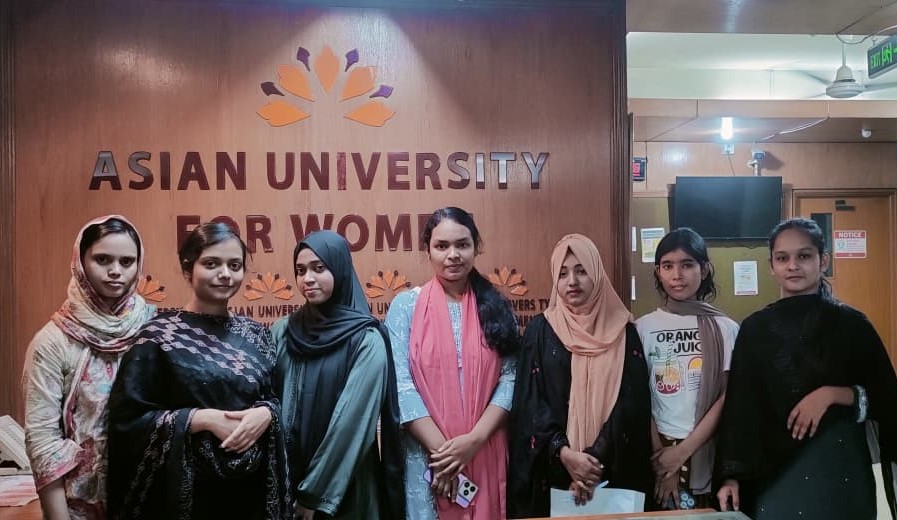The longest presidential campaign has started in the oldest democracy in the world. Political campaigns in the United States of America last for months whereas they occur within 5 weeks in the United Kingdom, 10 days in Canada, and a mere 6 days in Australia.
Donald Trump, one of the major political party’s presidential candidates has pledged to reform tax codes and to make trade policy easier to hire, invest, build grow produce and manufacture. On the other hand, he is very critical of NAFTA trade policy, which comprised of the United States, Canada, and Mexico. Donald Trump would also review all trade agreements of the United States with other countries. He is of the opinion that he would re-negotiate existing unfair trade agreements in particular.

He has been advocating imposing tariffs on imports to level playing field for American companies. If any company from the United States moves to Mexico, Donald Trump would levy a 35% tax while he proposed imposing 35% tax on goods from China; this would result in Chinese goods being more expensive in the US market. Donald Trump is also critical of Trans-Pacific Partnership Trade agreement (TPP) floated by President Barack Obama. Trade ministers from twelve countries have signed formally Trans-Pacific Partnership trade agreement in Auckland, New Zealand on the 4, February 2016. This agreement did not include Bangladesh. Donald Trump proposes to reform regulations towards economic growth, which will boost the growth of jobs and income as well.
Since the continuous series of attacks on Muslims by Trump, apart from revising trade agreements, no one could rule out affecting trade relations with Muslim countries, including Bangladesh. On the other hand, Democratic nominee Hillary Clinton, who served as Secretary of State from 2009 to 2013, supported NAFTA and other trade agreements as the first lady. However, when she became the Senator, her record on free trade was mixed. In fact, Hillary Clinton voted against the Dominican Republic-Central America Free Trade Agreement but supported several bilateral trade agreements which included Singapore, Australia, and Oman. As Secretary of State, Hillary Clinton praised TPP as “the gold standard in trade agreements”, a disposition she changed during the primary debates. Basically, Hillary Clinton will retain trade regulations imposed by President Barack Obama. She proposes to provide tax cuts to the middle class and small businesses, establish an infrastructure bank and fund more scientific research. Apart from investing in infrastructures to improve roads, bridges, public transports. She has proposed that the minimum wage is increased to $15 an hour; this would also include increased workers’ benefits and encourage businesses to share profits with employees.
THE UNITED STATES OF AMERICA TURNS OUT TO BE THE BIGGEST DESTINATION OF BANGLADESH PRODUCTS. ACCORDING TO US CENSUS BUREAU, AS OF AUGUST 2016, BANGLADESH EXPORTED A NET WORTH OF $ 4,136.4 MILLION WHILE IMPORTING A NET WORTH OF $ 558.2 MILLION
This being the scenario of the presidential campaign in the United States, all eyes are now focused on the results of the presidential election in November this year. Over the last few years, the United States of America has become important trade partners of Bangladesh with about a quarter of its products reaching the US market. Therefore, the eyes of the business community of Bangladesh are keenly focused on the events and the upcoming result of the presidential election.
Generalized System of Preferences (GSP) of the United States gives preferential duty-free entry of up to 4,800 products in order to promote economic growth in the developing countries of the world. The garment industry in Bangladesh has achieved tremendous success over a period of times. It has turned out to be the single highest contributor to the growth of the economy of Bangladesh. 80% of exports come from garment industry which employs four million jobs. President Barack Obama revoked the GSP in June 2013, following the collapse of Rana Plaza garment and the fire of the Tanzeen garment factory. Bangladesh was also deprived of the GSP facility when United States renewed its GSP in 2015 for two years. If Hillary Clinton wins the presidential election in November, there is hardly any chance to restoring GSP facilities. She has had bitter experiences when labor leader Aminul Islam was found tortured and dead, apart from the mysterious disappearance of Ilyas Ali, an activist of opposition political party of Bangladesh. As the Secretary of State, Hillary Clinton raised these issues with the Prime Minister during her visit to Bangladesh in May of 2012. She was particularly concerned about labor problems.
The United States of America turns out to be the biggest destination of Bangladesh products. According to US census bureau, as of August 2016, Bangladesh exported a net worth of $4,136.4 million while importing a net worth of $558.2 million; this translated to these transactions being favorable towards Bangladesh.
Over the last few years, the United States of America has become important trade partners of Bangladesh with about a quarter of its products reaching the US market. Therefore, the eyes of the business community of Bangladesh are keenly focused on the events and the upcoming result of the presidential election.
Having said that, owners of the garment industry in Bangladesh need to comply with international standard with respect to the protection of labor forces and ensuring safety network in the garment factories. Wages of labor forces are incompatible with the market. Bangladesh also could not avail of the opportunity offered by the United States’ Millennium Challenge Act of 2003 that earmarked $2.3 billion because of the high rate of corruption in the country. If TPP is implemented in any form, Bangladesh would likely to face stiff competition with Vietnam in garment sector alone. Vietnam is one of the signatories of TPP whose apparel, footwear and textile will have a market in the United States on a large scale.
Therefore, the Bangladeshi government along with private sector should ensure human rights, rights of laborers, make payment to laborers that are commensurate with the market and create strict laws to prevent corruption in all sectors of the administration.
The writer is a retired diplomat from Bangladesh. He writes from Virginia, USA















